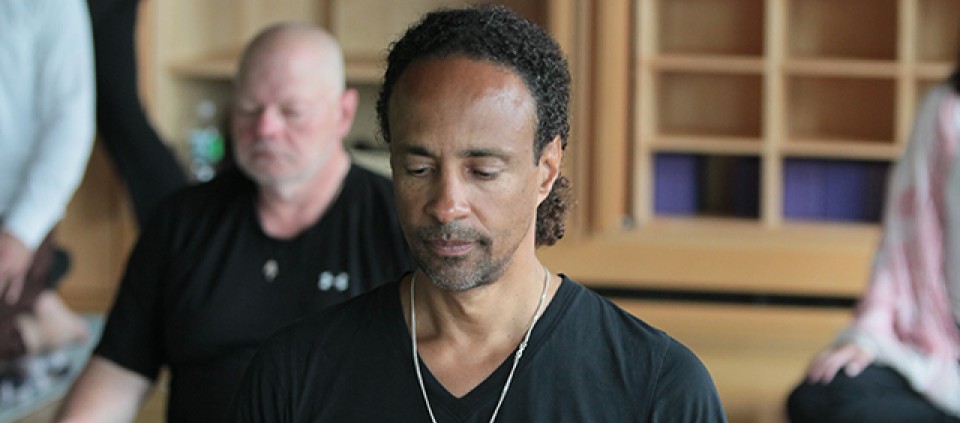The Science of Willpower

I saw a lovely young woman, whom I’ll call Cathy, in my office this week. She was there to discuss her inability to lose weight. After discussing the basics—and benefits—of a whole-foods diet, I recommended she meet regularly with a nutritionist. She shrugged and said, “My problem is willpower. I don’t have any—never did. That’s why I am the way I am.”
Cathy spoke about willpower as if it were a fixed entity, like her brown eyes or thick hair. The notion that willpower is a fluid state, a practice, or skill that she could freely develop was completely foreign to her. To help nudge her out of this misperception, I recommended the book The Willpower Instinct, by health psychologist Kelly McGonigal.
As a holistic health professional, I always feel relieved when books that hit the popular press actually support meaningful, evidence-based, mindful health practices. In addition to being a PhD who lectures at Stanford University, McGonigal is a longtime yogi and meditator. This book, subtitled How Self-Control Works, Why It Matters, and What You Can Do to Get More of It, is an artful introduction to the science and practice of mindful awareness. It’s also an accessible exploration of the neurobiology behind behavior change, explaining how breath, exercise, and thought patterns actually change the structure and functioning of the brain.
For instance, recent studies demonstrate how meditation increases activity in the prefrontal cortex, the area of the brain responsible for helping us maintain self-control. With just a few weeks of sustained practice, marked changes were visible in the actual structure and size of participants’ gray matter. Another study showed marked differences in brain activation in recently-trained meditators versus seasoned practitioners, showing that, indeed, practice makes perfect.
So for those of us like Cathy, who want to shift our patterns, but fear we lack the necessary willpower, the news is clear: Mindful effort, practiced over time, will bring us the change that we desire.
© Kripalu Center for Yoga & Health. All rights reserved. To request permission to reprint, please e-mail editor@kripalu.org.
Lisa B. Nelson, MD, is a family practice physician, Director of Medical Education for Kripalu programs, and a Kripalu faculty member who has trained thousands of individuals in mind-body practices for health and vitality.
Full Bio and Programs